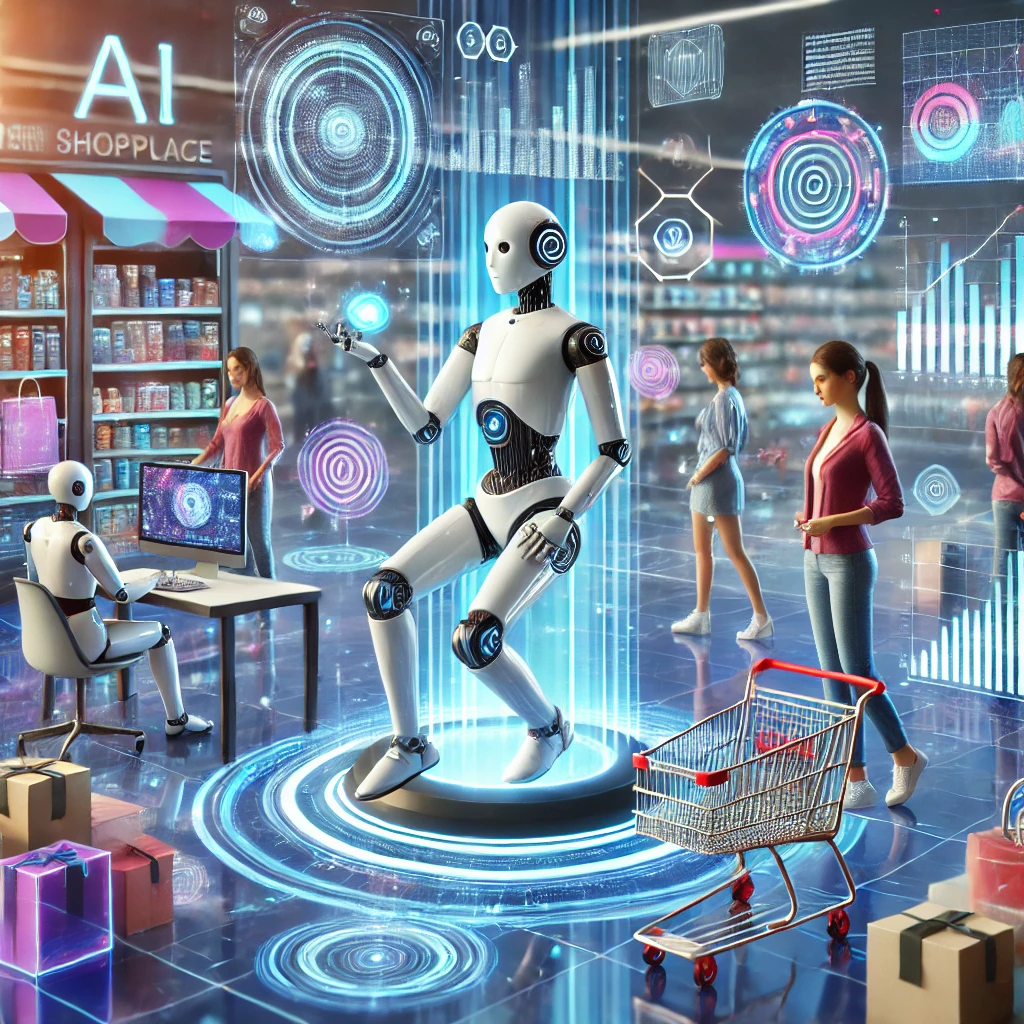
In the ever-evolving landscape of e-commerce, artificial intelligence (AI) is emerging as the winning technology for improving business performance.
According to a recent survey conducted by Digital Coach, a training institution specializing in digital marketing, AI was identified by more than 60% of the 874 European professionals interviewed as the most promising technology currently available.
But how do they combine AI and e-commerce? And what advantages will this union bring? Let's try to clarify things a little.
The investigation
In a world where concepts like “metaverse" and the "blockchain” are gaining ground, it appears that artificial intelligence offers the clearest and most obvious opportunities for the e-commerce industry. The “Ecommerce Trends 2023” survey involved professionals from different parts of Europe, with a significant representation of Italian professionals.
According to the survey results, three technologies are capturing the attention of the e-commerce industry: artificial intelligence, blockchain and metaverse. Among these, the integration between AI and e-commerce emerged as the favourite, with more than half of participants believing this technology offers the greatest potential to transform the industry.
The alternatives
Unlike initial expectations for the “metaverse,” which has been seen by some as a revolution for e-commerce, only a small percentage (6%) of e-commerce operators are actually adopting more advanced technologies such as augmented reality to improve customer experience. This indicates a gap between initial enthusiasm and actual adoption of these technologies.
Blockchain, however, arouses conflicting opinions. While some believe this technology can be useful for certifying product authenticity and protecting consumer data, another group believes blockchain integration can be problematic.
On the contrary, the artificial intelligences they are proving to have a tangible impact. These technologies allow companies to improve their services and performance, as well as provide deeper analysis of customer data and behaviors. The union between AI and e-commerce is paving the way for a deeper understanding of customer needs and offering tailor-made personalized services.
An evolving market
Furthermore, there are other factors that are helping to transform the e-commerce industry. Changes in the international market, such as the decreasing importance of Russia due to geopolitical conflicts, are influencing trade dynamics. Despite these challenges, e-commerce sites remain extremely popular, and Digital Coach's survey revealed that 80% of visitors access these sites via mobile devices.
From a marketing perspective, two cost-effective options are particularly popular among e-commerce operators: SEO and email marketing. The latter is the preferred method for communicating with customers, with 75% respondents using it to send newsletters and personalized communications, often supported by artificial intelligence.
In summary, artificial intelligence is revolutionizing the e-commerce industry by offering innovative solutions to improve customer experience, optimize internal operations and identify new business opportunities. While the metaverse and blockchain continue to be discussed, it is AI that is proving to have a real and positive impact, leading the industry into a new era of possibility and growth.
AI and e-commerce
Artificial intelligence offers tremendous potential to manage and elevate the efficiency of an e-commerce business. With the ability to analyze large amounts of data in real time, AI can provide valuable insights into customer behaviors, purchasing trends and individual preferences.
This allows operators to AI and e-commerce to personalize customer experiences more accurately, recommending relevant products and offering targeted promotions. Furthermore, the interaction of AI and e-commerce can dynamically optimize the placement of products on the platform, improving navigation and stimulating cross-selling and suggested sales. The automation provided by AI also allows you to automate processes such as inventory management, stock tracking and even order processing, reducing human errors and improving the timeliness of deliveries.
Finally, the integration between AI and e-commerce it can power advanced recommendation systems that anticipate customer desires, further improving the shopping experience and establishing a stronger, more lasting bond between the company and the customer.
Contact us for more information!










